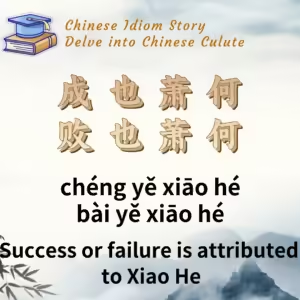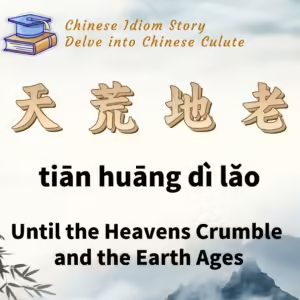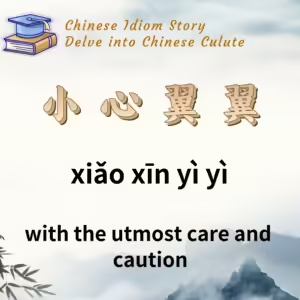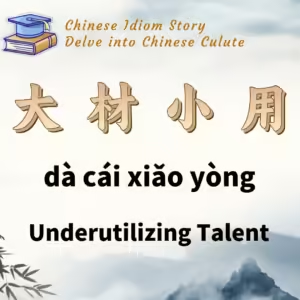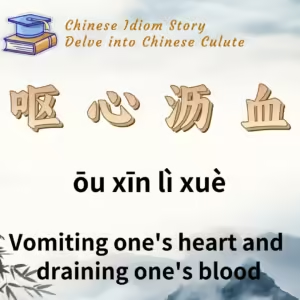
Chinese Idiom: 呕心沥血 (Ou Xin Li Xue)
English Translation: Vomiting one’s heart and draining one’s blood
pīn yīn: ōu xīn lì xuè
Idiom Meaning: This idiom means to put in tremendous effort and care, often used to describe the painstaking process of writing or creating.
Historical Source: The idiom comes from Li Shangyin’s Li Changji Xiao Zhuan (李长吉小传) from the Tang dynasty.
Idiom Story:
Li He, known by his courtesy name Changji, was a renowned poet from the Tang dynasty, born in Fuchang (present-day Yiyang, Henan Province). He came from a fallen royal family and, despite his talents, faced significant obstacles. As a young man, he gained recognition for his poetic skills, especially in the genre of yuefu (lyric poetry). However, due to the envy of others, rumors arose that he could not take the imperial examination to become a jinshi because his father’s name included the character “Jin,” which sounded like “jin” in jinshi (進士), hence he was seen as violating a taboo. This effectively blocked his path to an official career.
Despite his talents, Li He only served as a low-ranking official for a few years, living a life of hardship and unfulfilled potential, ultimately passing away at the young age of 27. During his brief life, he witnessed the tumultuous times of three emperors—Dezong, Shunzong, and Xianzong. The Tang dynasty was plagued by military governors’ power struggles, corruption, and the suffering of common people, all of which deeply influenced his poetry.
Li He was known for his intelligence and dedication. Despite his short life, he left behind over 200 poems. It is said that he would not start with a title for his poetry; instead, he would ride his horse every morning, observing his surroundings for inspiration. When he encountered a good idea, he would compose lines and jot them down on slips of paper, which he would then carry in a bag. Upon returning home, he would compile them into finished poems.
Li He’s mother grew increasingly worried about his health due to his relentless work ethic. Every evening when he returned, she would ask her maid to check the bag. If it was filled with numerous lines of poetry, she would scold him, saying, “You are going to exhaust yourself and end up vomiting your heart out.”
This story led to the creation of the idiom “呕心沥血,” symbolizing the extreme effort and dedication one invests in their work, particularly in writing.

